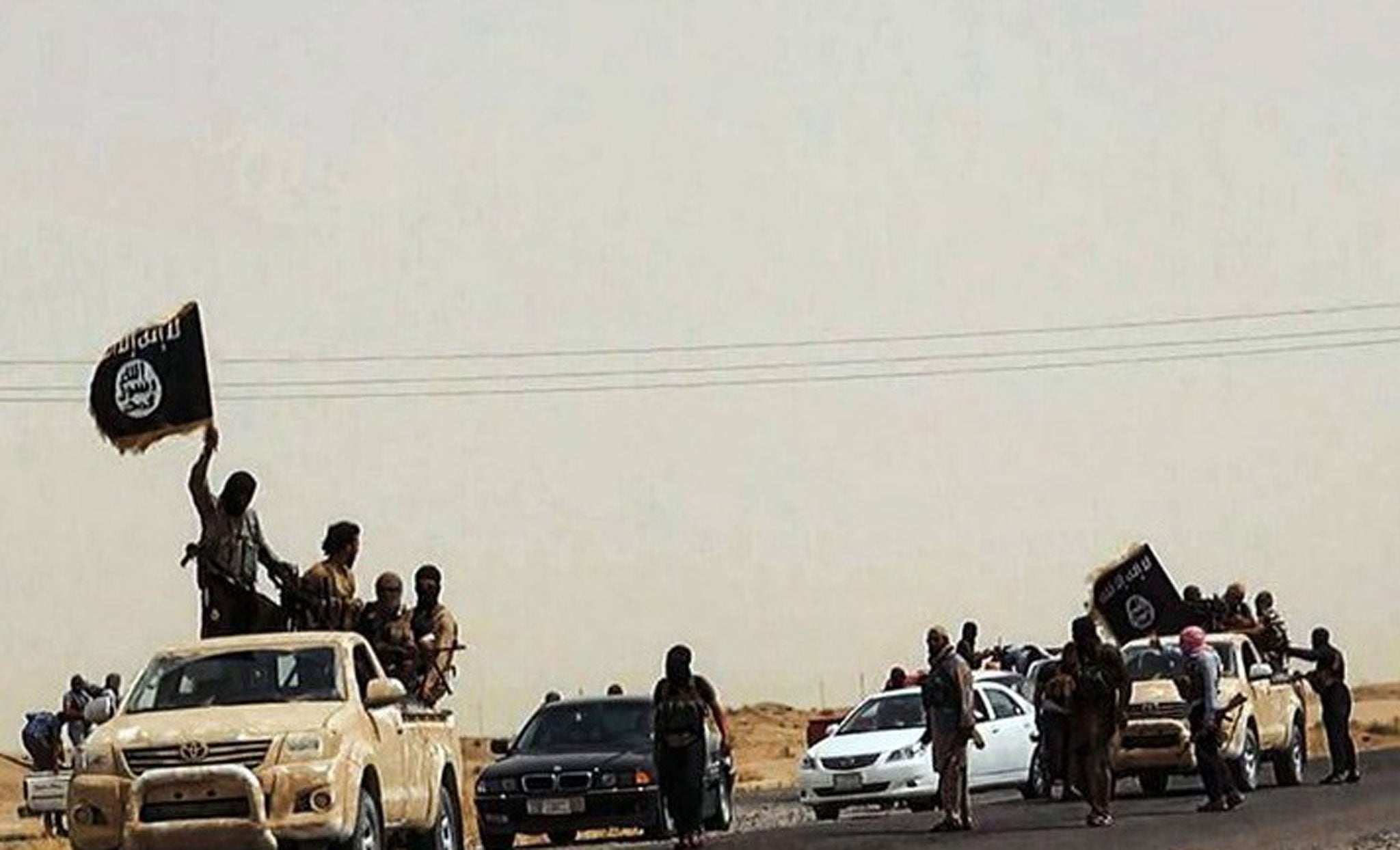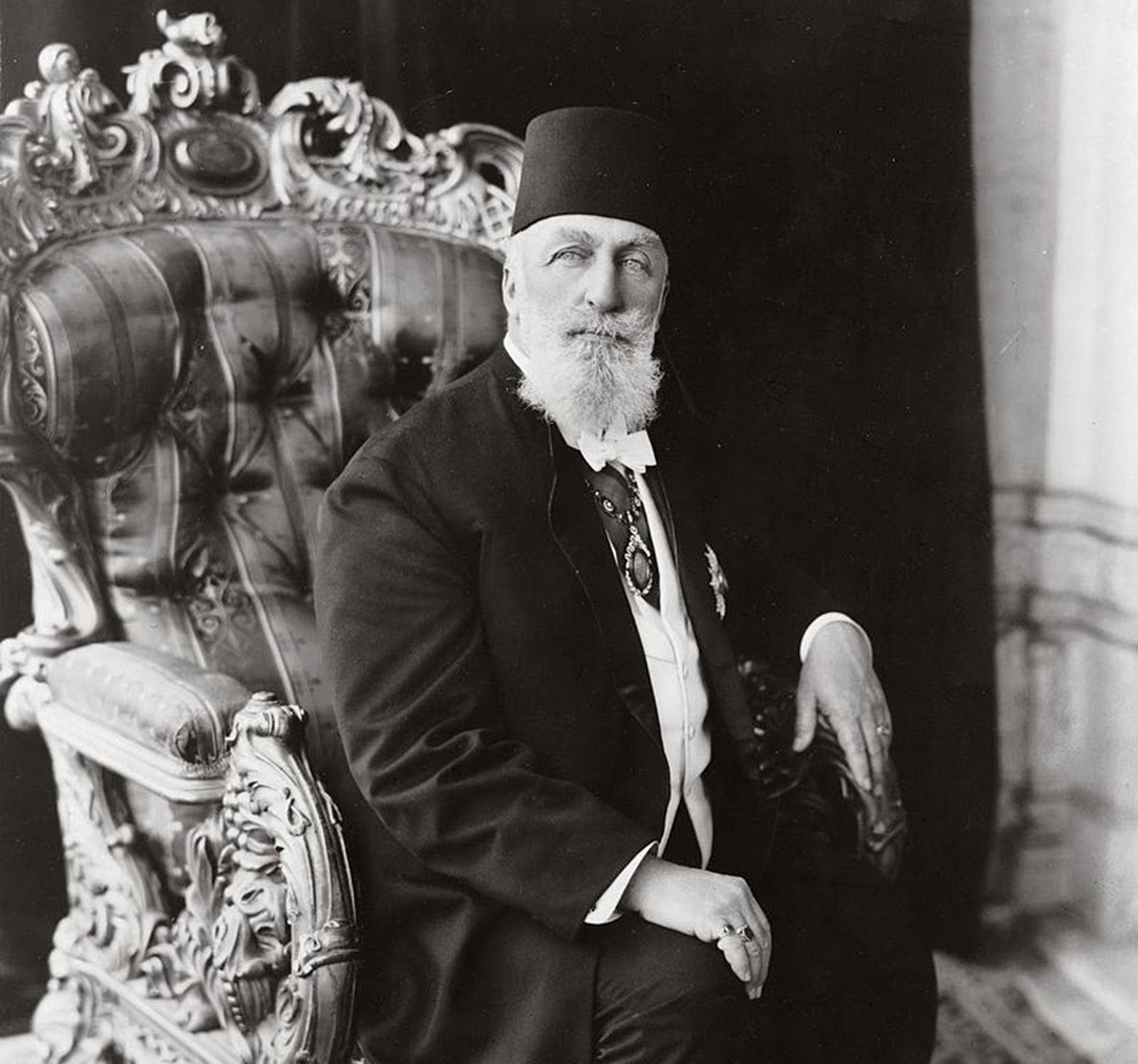Iraq crisis: What is a caliphate?
The group formerly known as Isis has declared the ‘restoration of the caliphate’ under the name The Islamic State – with huge implications for the wider region

Your support helps us to tell the story
From reproductive rights to climate change to Big Tech, The Independent is on the ground when the story is developing. Whether it's investigating the financials of Elon Musk's pro-Trump PAC or producing our latest documentary, 'The A Word', which shines a light on the American women fighting for reproductive rights, we know how important it is to parse out the facts from the messaging.
At such a critical moment in US history, we need reporters on the ground. Your donation allows us to keep sending journalists to speak to both sides of the story.
The Independent is trusted by Americans across the entire political spectrum. And unlike many other quality news outlets, we choose not to lock Americans out of our reporting and analysis with paywalls. We believe quality journalism should be available to everyone, paid for by those who can afford it.
Your support makes all the difference.In June the Isis militant group declared its occupied territories as a new state, removing “Iraq and the Levant” from its name and announcing the “restoration of the caliphate”.
This is significant. Apart from within the Ahmadiyya sect of Islam, there has not been a caliphate since the days of the Ottoman Empire.
Declaring a “caliphate” is a move that has huge ideological and theological importance. Defined as meaning “the government under a caliph”, it means Isis, now simply The Islamic State (IS), has declared its leader Abu Bakr al-Baghdadi as the spiritual leader of all Islam.
The word “caliph” comes from the Arabic khalifa, meaning “successor”. Its use means the IS claims Baghdadi as the only legitimate successor to the Prophet Mohammed.

Historically, caliphates involved governance under Islamic law, with the leadership elected according to Sunni practice and selected from a group of Imams under Shia traditions.
Laws under a caliphate are traditionally defined in accordance with Islamic ethics. In the past the role of caliph has largely been symbolic, leaving the day-to-day running of government down to the devolved powers of local rulers.
The last widely-acknowledged caliphate was under the Ottoman Empire, which used the symbolic power of its caliph to rule across vast reaches of the Arabic world. The caliphate in this sense ended with the establishment of the Turkish Republic in 1923, though the Ahmadiyya Muslim Community has defined its leader as the “caliph” since the early 20th century.
IS’s claim to have restored the caliphate represents a huge challenge to other Islamist and al-Qa’ida-affiliated groups in the region, explains Charlie Cooper, a researcher for the Quilliam counter-extremism think-tank.
He told The Independent: “The fact that Isis has done this has huge ideological and theological implications and it is a big challenge to al-Qa’ida, their spokespeople may well try to reclaim their legitimacy.
“There will be a lot of criticism from people saying announcing the restoration of the caliphate is premature, but Isis have rapidly evolved over the past few years and there’s now a cult of personality about Baghdadi in Arabic social media.
“He is a very popular figure, and this will make people from al-Qa’ida and other groups question whether they should really be fighting for him.”
In the latest example of Isis’ sophisticated use of social media, Cooper said a new propaganda video released 15 minutes before the announcement included a “hint” towards what was about to come, with a Chilean foreign fighter describing Baghdadi as his “Caliph”.
“Everything that Isis has done has been very tactical with meticulous in planning,” he said.
Join our commenting forum
Join thought-provoking conversations, follow other Independent readers and see their replies
Comments